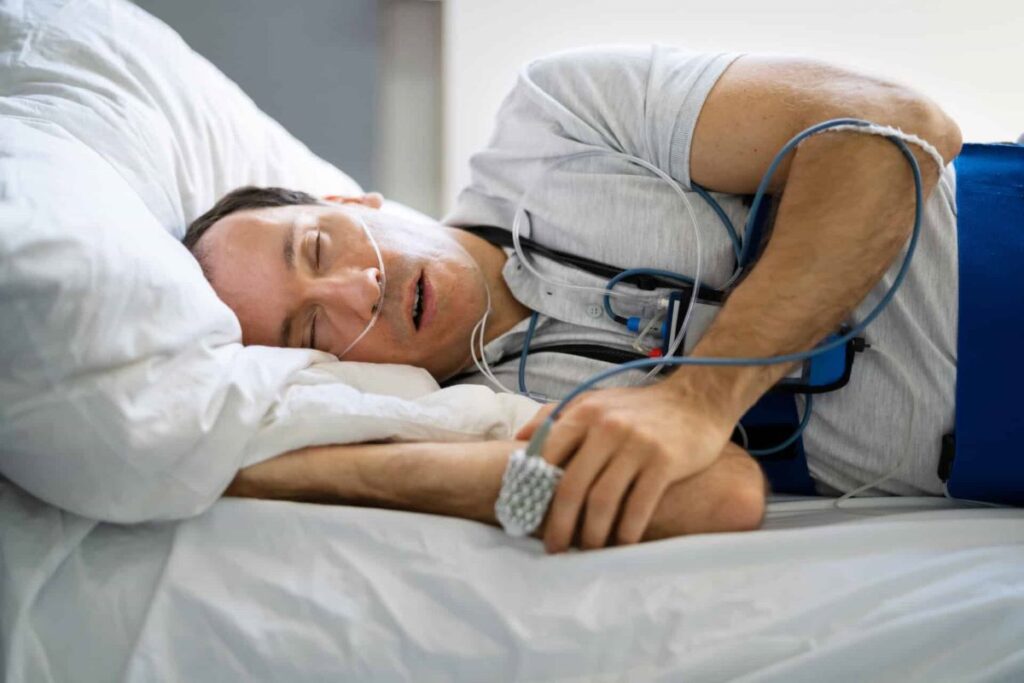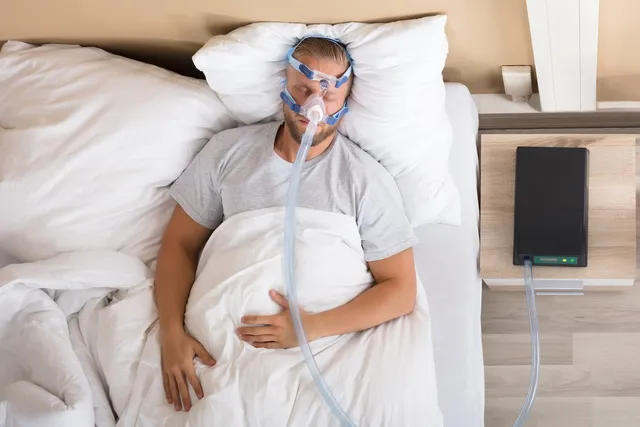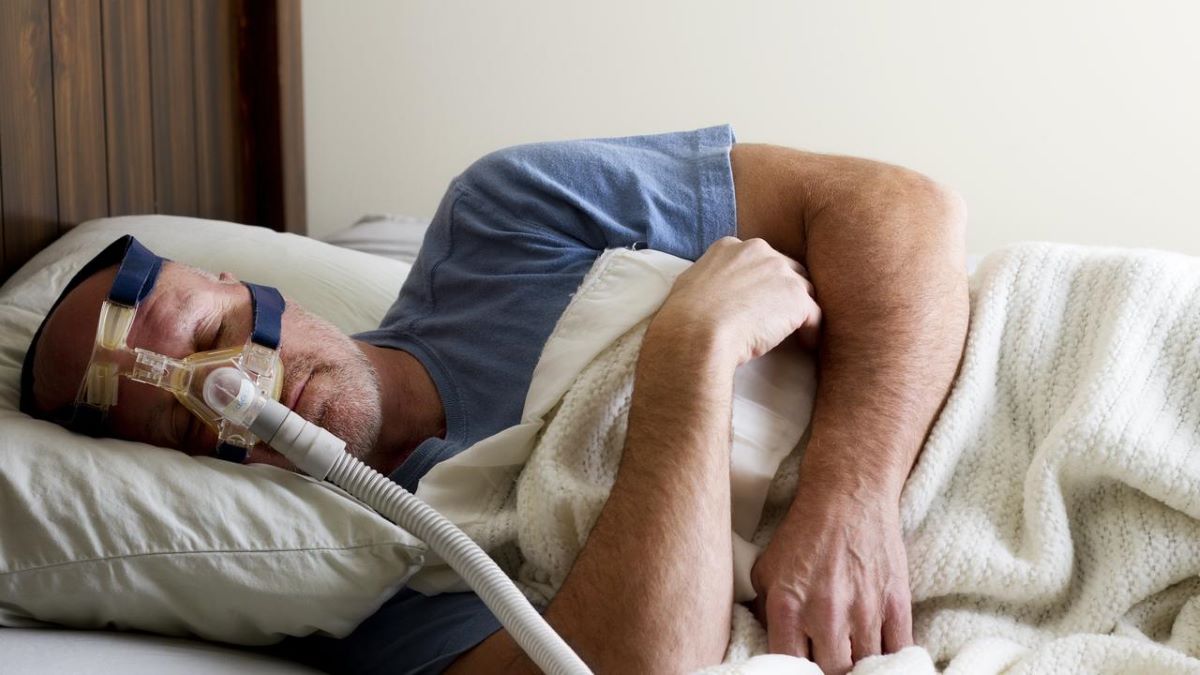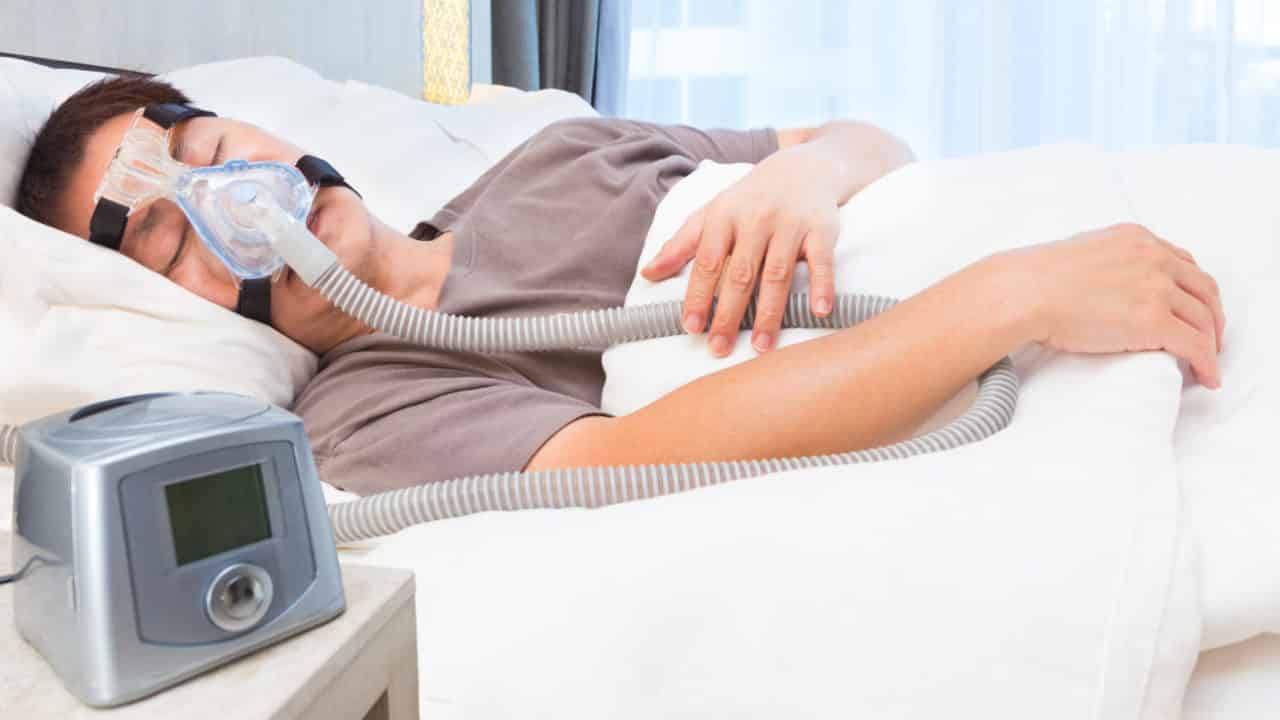What Are Sleep Studies and Why Are They Conducted?
Sydney sleep study cost is often a key consideration for patients, but understanding what these assessments involve helps explain their value. Sleep studies are comprehensive diagnostic tests that monitor your body’s activity whilst you sleep. These non-invasive assessments record multiple physiological functions simultaneously, providing sleep physicians with detailed data about your sleep patterns and breathing behaviour.
Common sleep disorders diagnosed through sleep studies include:
- Obstructive Sleep Apnoea (OSA) – breathing interruptions caused by airway blockages
- Insomnia – difficulty falling asleep or staying asleep
- Narcolepsy – excessive daytime sleepiness and sudden sleep attacks
- Restless Leg Syndrome – uncomfortable sensations causing leg movement
- Sleep-related movement disorders – periodic limb movements during sleep
The monitoring process captures vital signs including brain waves, heart rate, oxygen levels, muscle tone, and breathing patterns. This comprehensive data collection allows doctors to identify abnormal sleep events, assess their severity, and determine appropriate treatment pathways.
By analysing these recordings, sleep physicians recommend targeted treatments such as CPAP therapy for sleep apnoea, lifestyle modifications, or medication adjustments. Considering the diagnostic accuracy and personalised treatment outcomes, many patients find that the Sydney sleep study cost is justified by the long-term health benefits and improved quality of life.
What Types of Sleep Studies Are Available in Sydney?
Sydney offers two primary types of sleep studies patients can choose from, each designed to accommodate different medical needs and lifestyle preferences.
In-Lab Overnight Polysomnography
In-lab studies require you to spend a full night at a specialised sleep clinic or hospital facility. During this comprehensive assessment, trained technicians attach multiple sensors to monitor your brain waves, eye movements, muscle activity, heart rhythm, breathing patterns, and oxygen levels. You’ll sleep in a comfortable, hotel-like room whilst sophisticated equipment records detailed data throughout the night. This method provides the most thorough analysis of your sleep patterns and is particularly suitable for complex sleep disorders or when multiple conditions are suspected.
Home-Based Sleep Studies
Home-based sleep studies utilise portable sleep monitors that you can use in the comfort of your own bedroom. These devices typically focus on breathing patterns, oxygen saturation, heart rate, and body position. You’ll receive the equipment with clear instructions for self-application, allowing you to maintain your regular bedtime routine. This in-lab vs home-based sleep study comparison reveals that home studies offer greater convenience and faster scheduling, though they provide less comprehensive data than laboratory testing.
The choice between methods depends on your specific symptoms, medical history, and the complexity of suspected sleep disorders.
How Much Do Sleep Studies Cost in Sydney?
Understanding the cost breakdown of sleep studies in Sydney helps you budget effectively for your diagnostic needs. The pricing varies significantly depending on the type of study you choose and where you receive treatment.
Home-Based Sleep Studies
Home-based sleep studies represent the most affordable option, typically ranging from $150 to $400. These studies use portable monitoring devices that you can operate from the comfort of your own bedroom, making them both cost-effective and convenient.
In-Lab Polysomnography Studies
In-lab polysomnography studies command higher prices, ranging from $500 to $2,000. The substantial price difference reflects the comprehensive monitoring equipment, overnight facility costs, and dedicated technician supervision throughout the night.
Sleep Apnea Diagnostic Tests
For sleep apnea diagnostic tests specifically, you can expect costs between $200 and $1,000, depending on the complexity of monitoring required and the facility you choose.
Several factors influence these cost variations:
- Location – Central Sydney facilities often charge premium rates compared to suburban clinics
- Study duration – Multi-night studies increase overall costs
- Equipment complexity – Advanced monitoring technology affects pricing
- Facility type – Private hospitals versus dedicated sleep centres
The average price of a sleep study in Sydney depends heavily on whether Medicare coverage applies and your private health insurance benefits.

What Does the Cost of a Sleep Study Include?
Understanding what is included in the cost of a sleep study helps you evaluate the value proposition of different providers. The price of sleep test packages typically includes several essential components that contribute to accurate diagnosis and treatment planning.
1. Specialised Monitoring Equipment
Your sleep study cost covers access to sophisticated monitoring technology that records:
- Brain wave activity (EEG) to detect sleep stages
- Muscle tone measurements to identify movement disorders
- Oxygen saturation levels throughout the night
- Heart rate and rhythm monitoring
- Respiratory effort and airflow patterns
2. Professional Medical Interpretation
Certified Sleep Physicians analyse your recorded data, providing detailed reports that identify specific sleep disorders and severity levels. This expert interpretation forms the foundation for your treatment recommendations.
3. Comprehensive Support Services
Many providers, particularly Air Liquide Healthcare, include additional services within their pricing structure. You receive CPAP therapy initiation support, equipment setup assistance, and ongoing follow-up care. These integrated pathways ensure seamless transition from diagnosis to treatment, eliminating the need for separate provider arrangements and additional consultation fees.
The comprehensive nature of these inclusions explains the variation in pricing between basic diagnostic tests and full-service packages that encompass long-term therapy support.
Are There Any Medicare or Insurance Coverages for Sleep Studies?
Medicare Coverage for Sleep Studies
Medicare coverage for sleep study Australia requires specific conditions to be met. You need a valid Medicare card and a referral from your GP or specialist to qualify for partial coverage of diagnostic tests under MBS guidelines. Medicare typically covers the professional interpretation component of sleep studies, though you may still face out-of-pocket expenses for equipment and facility costs.
Private Health Insurance Coverage for Sleep Studies
Private health insurance sleep study cover varies significantly between providers and policy levels. Many private insurers offer coverage for in-hospital sleep studies under their hospital packages, whilst some include CPAP therapy equipment and ongoing treatment costs. You should check your specific policy details, as coverage levels range from partial reimbursement to full coverage depending on your extras or hospital cover.
Bulk-Billed Options and Financial Support
Bulk-billed options exist for eligible patients, particularly through providers like Air Liquide Healthcare who work directly with Medicare guidelines. These arrangements can substantially reduce your upfront costs, making sleep studies more accessible. Some clinics offer payment plans or reduced-cost options for patients experiencing financial hardship, ensuring diagnostic testing remains available regardless of your financial circumstances.
How Should Patients Prepare for a Sleep Study?
Preparing for a sleep study in Sydney requires following specific guidelines to ensure accurate results and a comfortable experience. Your preparation begins several days before the scheduled test, regardless of whether you’re having an in-lab or home-based study.
Essential preparation steps include:
- Maintain your regular routine – Continue taking prescribed medications unless your sleep physician specifically instructs otherwise
- Follow normal sleep patterns – Avoid changing your bedtime or wake-up schedule in the days leading up to the study
- Hair washing protocol – Wash your hair thoroughly on the day of the study using only shampoo, avoiding conditioner, styling products, gels, or oils that can interfere with sensor adhesion
- Clothing selection – Choose comfortable, loose-fitting pyjamas or sleepwear that allows easy access for sensor placement on your chest, legs, and face
Patient preparation guidelines also recommend avoiding caffeine and alcohol on the day of your study, as these substances can affect your natural sleep patterns. You should bring any comfort items like your own pillow or blanket to help recreate your usual sleep environment, particularly important for in-lab studies where unfamiliar surroundings might impact sleep quality.
For more detailed insights into what to expect during the procedure, you can refer to this resource on what to expect in a sleep study. Additionally, understanding the specifics of the sleep study process can further aid in your preparation.
What Happens After the Sleep Study and When Are Results Available?
The post-sleep study process begins once you’ve completed your monitoring session. Sleep physicians typically require 10 to 14 days to thoroughly analyse your data and compile comprehensive results. This timeframe allows for detailed examination of your sleep patterns, breathing events, and vital sign recordings throughout the night.
Urgent cases receive priority attention. If your study reveals severe sleep apnea or other critical conditions requiring immediate intervention, you’ll receive notification within 24-48 hours. Sleep clinics maintain protocols to fast-track patients showing dangerous oxygen desaturation levels or significant cardiac irregularities during sleep.
Receiving results from a sleep test involves a detailed report outlining:
- Sleep efficiency and stage distribution
- Apnea-hypopnea index (AHI) measurements
- Oxygen saturation levels
- Heart rate variability data
Your sleep physician will schedule a follow-up consultation to discuss findings and treatment recommendations. These may include lifestyle modifications such as weight management and sleep hygiene improvements, or CPAP therapy initiation. Providers like Air Liquide Healthcare offer integrated treatment pathways, ensuring seamless transition from diagnosis to therapy management when CPAP equipment becomes necessary for your condition. You may like to visit https://justtobaby.com/bulk-bill-sleep-study-sydney-accessing-affordable-testing/ to get more about Bulk-Bill Sleep Study Sydney: Accessing Affordable Testing.
What Are the Advantages and Limitations of Home-Based versus In-Lab Sleep Studies?
Home-Based Sleep Studies offer significant convenience advantages for Sydney patients. You can complete testing in your familiar bedroom environment without disrupting your normal routine. The turnaround time is typically faster, with results available within 10-14 days, and costs range from $150-$400 compared to in-lab alternatives.
Key Benefits of Home Testing:
- Sleep in your own bed with minimal equipment setup
- No overnight hospital stays required
- Lower costs and reduced waiting lists
- Suitable for straightforward sleep apnoea diagnosis
In-Lab Study Advantages include comprehensive monitoring with full polysomnography equipment. Sleep technicians provide real-time supervision, ensuring accurate data collection throughout the night. These studies can diagnose complex sleep disorders beyond sleep apnoea, including narcolepsy and periodic limb movement disorder.
Limitations to Consider:
- Home studies may not detect all sleep disorders
- Equipment malfunction at home can require repeat testing
- In-lab studies cost $500-$2,000 but provide more detailed analysis
- Some patients with multiple medical conditions require supervised monitoring
Your sleep physician will recommend the most appropriate testing method based on your symptoms, medical history, and suspected sleep disorder complexity.

Which Providers Offer Sleep Studies and Therapy Services in Sydney?
Air Liquide Healthcare stands out as Australia’s largest facilitator of home sleep apnea studies, offering comprehensive diagnosis-to-treatment pathways for Sydney patients. You can access their end-to-end solution that covers everything from initial assessment through ongoing therapy management.
The company’s extensive network includes strategic partnerships with leading CPAP equipment manufacturers, ensuring you receive quality devices and support. Their coverage spans multiple recognised sleep brands:
- SNORE Australia
- Healthy Sleep Solutions
- Mycroft
- Complete Care
- Sleep Disorder Australia (SDCA)
What sets these Sydney sleep study providers apart is their integrative approach. You benefit from services validated by certified Sleep Physicians, ensuring medical accuracy and appropriate treatment recommendations. Their comprehensive offerings include:
- Non-invasive home-based sleep studies
- CPAP therapy initiation programmes
- Ongoing therapy guidance and support
- Regular follow-up consultations
This integrated model means you don’t need to coordinate between multiple providers. Air Liquide Healthcare services streamline your journey from diagnosis through treatment, making the process more convenient whilst maintaining clinical standards required for effective sleep disorder management.


